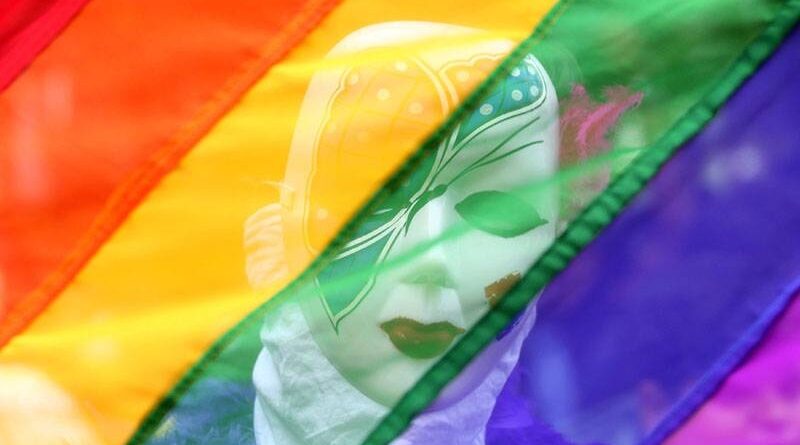Nepal has mixed record on LGBT rights: Report – The Himalayan Times

KATHMANDU, JANUARY 21
Nepal has a mixed record on lesbian, gay, bisexual, and transgender rights, said Human Rights Watch in its annual report, 2023.
This report is based on the events of 2022. According to the HRW, its legal progress has been exemplary for the region in some ways, but implementation has proven inconsistent.
In 2007, the Supreme Court called for legal recognition of transgender people based solely on their self-identification, but some authorities continue to demand proof of surgeries. “The court also mandated a study on equal marriage rights for samesex couples, but the 2018 criminal code only recognises marriages between men and women. In recent years LGBT rights activists have filed a series of writ petitions at the SC challenging the government’s failure to uphold the rights of transgender people in practice, but the cases have all faced delay at the court,” it said.
On children’s rights, the international rights body said the HRW had found Nepal’s Education Ministry to have violated children’s right to privacy and other rights through the education technology products it had authorised for children’s education during the pandemic. One of these products, YouTube collected and transmitted children’s personal data to the advertising arm of its parent company, enabling the both platforms to track and target children across the internet for advertising purposes. On transitional justice, the HRW said the government in August tabled a bill to amend the Transitional Justice Law, 2014, which had been struck down by the Supreme Court in 2015. The failure of successive governments to amend the law is a key reason why there has been no progress in delivering justice and accountability for conflict-era violations since the decade-long Maoist insurgency ended in 2006. The bill was drafted after brief consultations with the victims’ groups and civil society.
According to the report, the new bill had some positive aspects, including the guarantee of right to reparation and interim relief for the victims who were left out of earlier programmes. It would also prevent amnesty for certain categories of violations and establish a special court to hear cases recommended by the transitional justice commissions.
It would guarantee the rights of the families of victims of enforced disappearance to their relative’s property. However, the bill was not brought to a vote before Parliament was dissolved on September 17.
A version of this article appears in the print on January 22, 2023, of The Himalayan Times.
